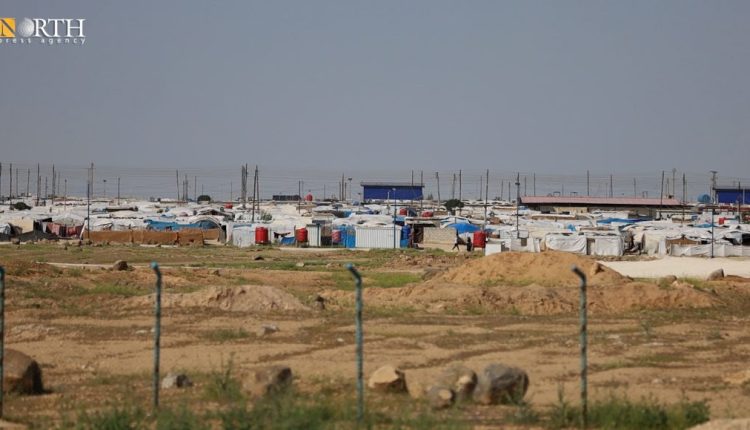QAMISHLI, Syria (North Press) – Doctors Without Borders (Médecins Sans Frontières – MSF) called on Friday for prioritizing financial support to the health sector in northern Syria.
In a statement, the MSF called on donors attending the 8th Brussels Conference on “Supporting the future of Syria and the region” to prioritize financial support to the Syrian health sector.
The 8th edition of the Ministerial Brussels Conference on “Supporting the future of Syria and the region” will take place in Brussels on Monday, May 27, the European Civil Protection and Humanitarian Aid Operations announced on Friday.
It said that the international financial support for the health system in northern Syria is in decline and the medical needs in the region far exceed the medical services available.
The MSF added that 77 health facilities in northwest Syria were forced to suspend activities due to a lack of funding, including 17 hospitals, in the past months.
“In 2024, US$4.07 billion of funding is required to respond to humanitarian needs in the country [Syria]. However, only 6 percent—$326 million—has been funded through the Humanitarian Response Plan (HRP),” the statement read.
It stressed that the “international donors and donor states must allocate sufficient funds for health care, as the situation is becoming more difficult for people.”
In late April, the MSF warned of a marked increase in the number of preventable deaths in Northeast Syria, as the World Health Organization (WHO)-funded medical referral system from 11 camps, including Hawl Camp, has ceased due to lack of funding.
Allen Murphy, MSF Head of Mission in Northeast Syria, said, “Shortfalls in funding for the WHO mean that since the end of March, referrals for patients requiring specialist or complex care have no longer been funded.”
Northeast Syria has witnessed deteriorating healthcare services during the Syrian conflict due to the destruction inflicted to health infrastructure.
The healthcare sector went through challenges including the lack of funding, destroyed infrastructure, and lack of medical personnel, in addition to the spread of diseases and epidemics, and treating cancer patients in the region.
Although AANES-run areas are excluded from some international sanctions, they are still affected by the government siege and border crossings’ closure, which hinder the access of medical items and the provision of support to the health sector.
By Jwan Shekaki

